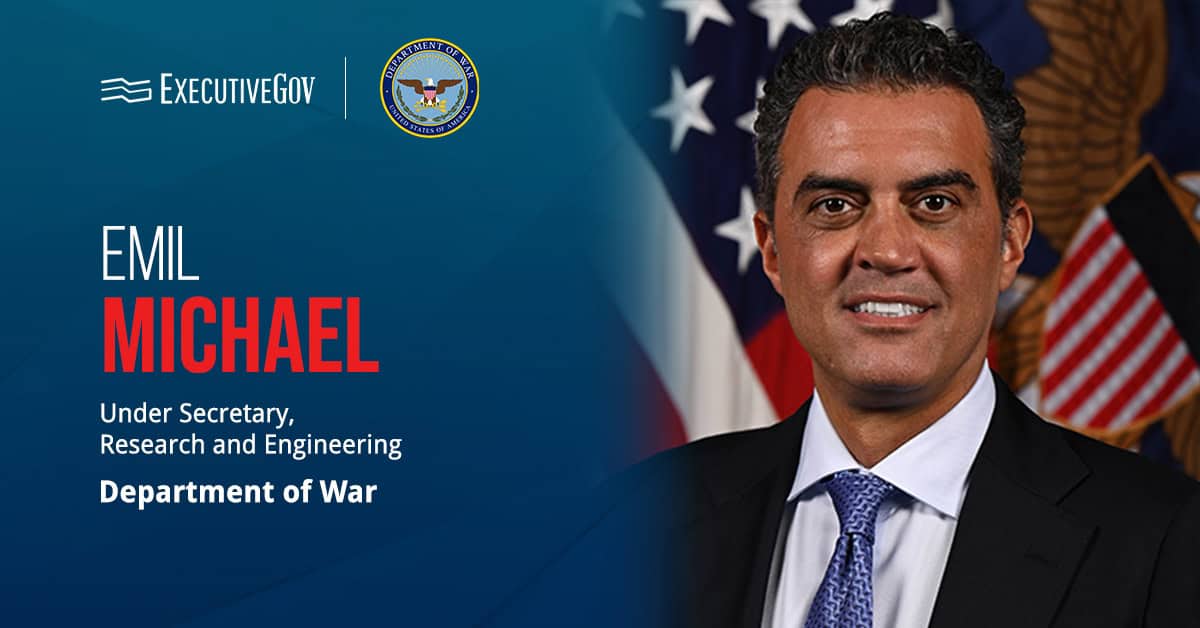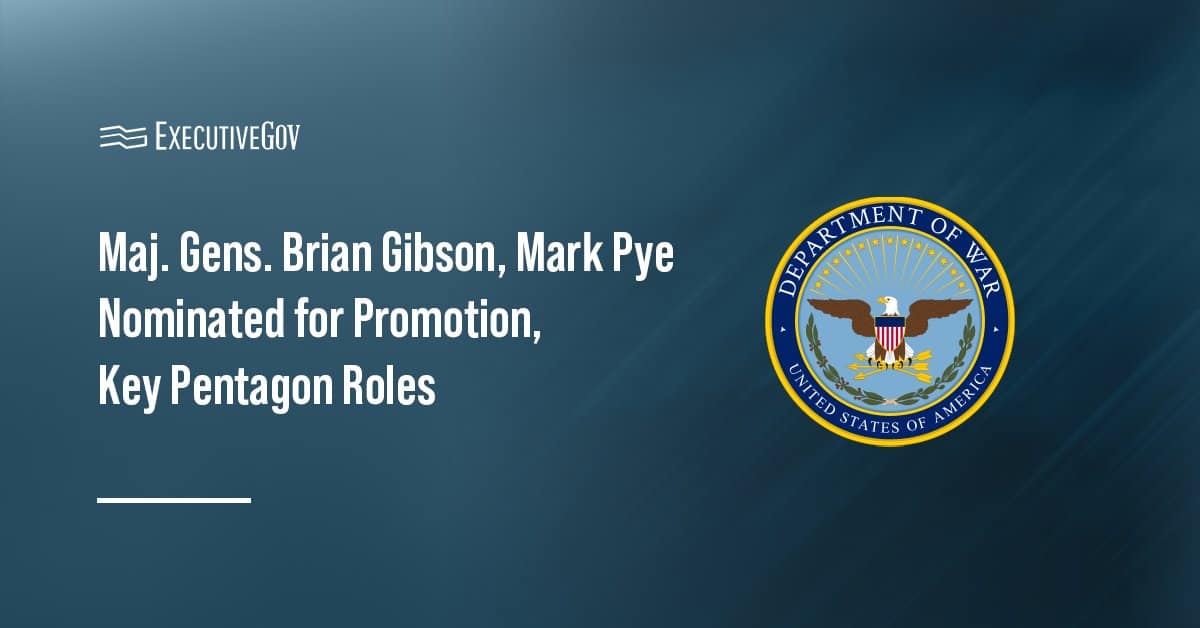The Department of Energy (DOE) and its Israeli counterpart have launched a solicitation for proposals on energy security technologies. The U.S.-Israel Energy Center seeks tools that protect critical infrastructure in energy-cyber and cyber-physical aspects, DOE said Friday.
Interested research institutes, companies and universities may compete for three years of funding worth $6M for projects that must follow a 50-percent cost-share basis. The center may award additional funds for maximum funding of $10 million over five years of work.
The Binational Industrial Research and Development (BIRD) Foundation, the center’s operating agent, will hold a webinar on Sept. 10 to inform interested parties on the funding opportunity’s requirements and details. Proposal applications will remain open through Oct. 29th.





